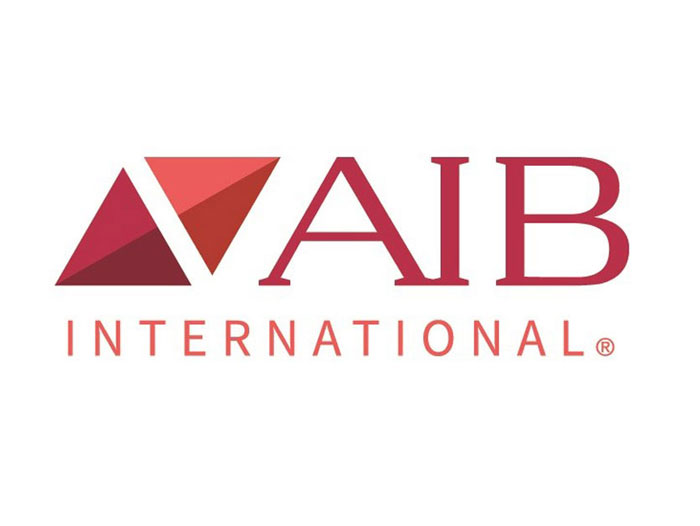Overcoming Food Safety Issues During Corporate Transitions
March 15, 2024 | 1 min to read
In recent years, the food and beverage industry has experienced a significant wave of private equity acquisitions, with a record 786 manufacturers purchased in 2021 alone, totaling $32 billion. This shift is transforming the industry, bringing new challenges such as maintaining food safety during ownership changes. Adjustments in leadership and company culture can disrupt established processes, highlighting the need for effective communication and operational strategies to uphold standards and protect public health.

In recent years, the food and beverage industry has witnessed an unprecedented surge in private equity acquisitions, signaling a transformation in the industry landscape poised to leave a lasting impact for years to come. In 2021 alone, private equity purchased a record-breaking 786 food and beverage manufacturers, with transactions collectively valued at an astonishing $32 billion. This uptick in private equity investments is already reshaping the industry landscape, bringing forth new dynamics, strategies, and challenges to explore — including food safety issues.
As companies change ownership, it’s common to experience logistical challenges, particularly in upholding critical processes. Taking steps to maintain food safety takes on added importance during a corporate transition, protecting public health as well as the reputation of the brand. Here’s how to overcome the communication and operational challenges amid a change of ownership.
Avoiding Food Safety Issues Amid Corporate Transition
New ownership in any business always requires adjustments in leadership, company culture, and priorities, which can disrupt established procedures and standards. Changing company ownership in the food and beverage industry can introduce broader challenges in crucial processes related to maintaining food safety. Safeguard food safety programs and ensure continuance of food safety standards and quality with the following steps:
To read the rest of the story, please go to: AIB International
